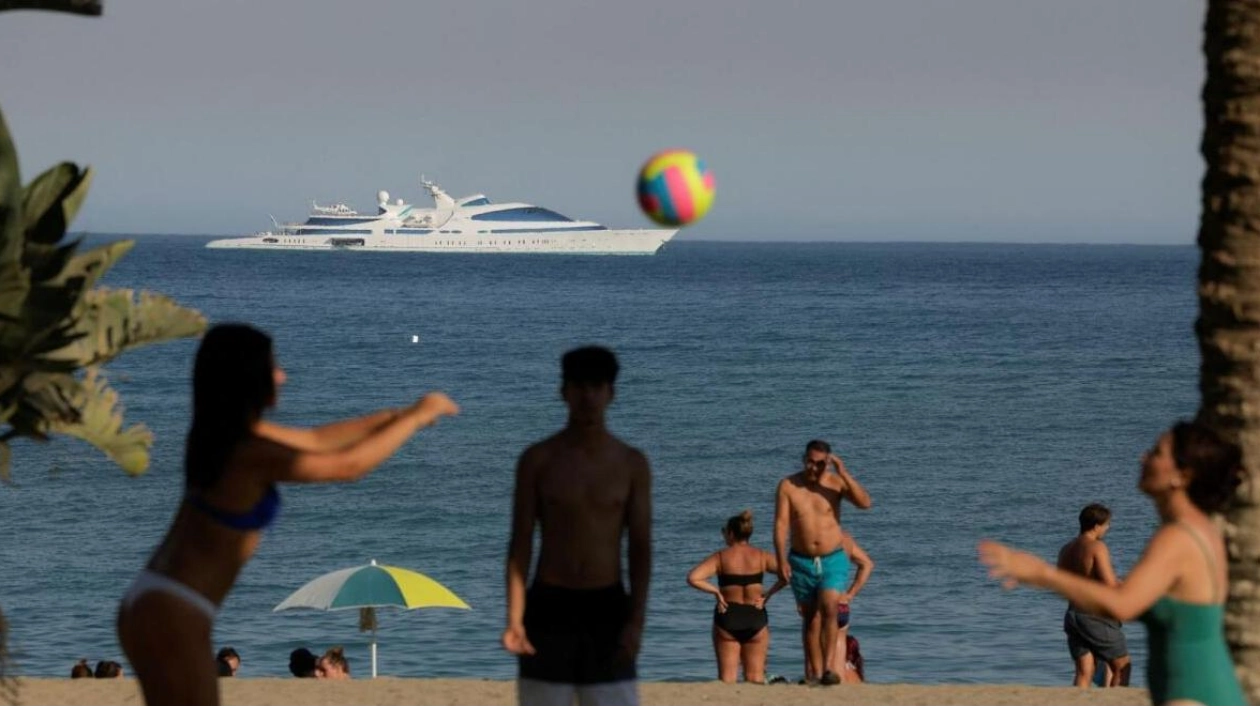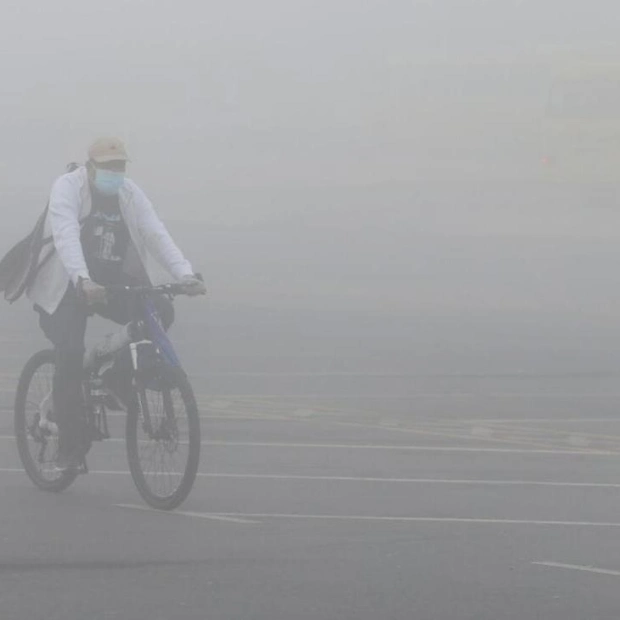As hotel and flight prices surge, sun-seeking travelers are increasingly opting for package holidays in Europe, reviving demand for all-inclusive deals that had once lost their appeal. This trend is strengthening the financial health of some travel companies. The current cost-of-living crisis, coupled with disruptions from strikes and technical glitches, has enhanced the attractiveness of fixed-price packages, which offer predictable costs and simpler recourse when issues arise.
After years of travelers crafting their own itineraries online, travel analysts observe that the trend of purchasing pre-made packages, which started last year, has accelerated this summer, marking the busiest travel period since the pandemic. Stuart Hatcher, chief economist at IBA, an aviation data analysis firm, noted, "It’s something that you think would have died out back in the seventies. Since Covid, more people are booking package trips."
Spending on European package holidays, particularly popular among Britons and Germans, is projected to hit $117 billion this year, a 11% increase from the previous year, and is expected to reach a new high of $125.9 billion next year, according to Euromonitor. This resurgence has positively impacted TUI, Europe’s largest tour operator, whose recent quarterly results exceeded expectations.
Caroline Bremner, Euromonitor’s senior industry manager for travel, highlighted the appeal of fixed upfront costs and value for money, especially during periods of high inflation. Britons typically spend around $450 per capita on these holidays, benefiting from negotiated deals with hotels and transport companies. However, Euromonitor predicts that even package prices will rise, with a projected compound annual growth rate of 3.5% from 2024 to 2029, faster than the pre-pandemic rate of 1.3% from 2014-2019.
The enthusiasm for package holidays is a bright spot in the travel industry, amidst concerns that post-pandemic excitement for air travel might wane due to rising fares. Airfares have notably increased in Europe and North America post-pandemic, and major carriers have reported challenging market conditions. In contrast, easyJet has improved its outlook for its package holiday business, which constitutes over a quarter of its pretax profit.
Package holiday bookings for UK-based Jet2 have risen by 7% this summer, accounting for about 72% of its flown passengers. Popular destinations include Croatia, Cyprus, Greece, Italy, Malta, Portugal, mainland Spain, the Balearic Islands, the Canaries, and Turkey. Norwegian Cruise Line Holdings, Carnival, and Royal Caribbean Group have also raised their profit forecasts due to increased demand for cruises.
For many travelers, the appeal of package holidays lies in the convenience, cost, and amenities provided. Noreen Cannon, a 49-year-old traveler, chose a package holiday in Malaga, Spain, for its attractive hotel and good deal. Package tours typically attract lower-to-middle income holidaymakers looking for sun, sea, and family-friendly activities.
Ready-made holidays, which offer limited flexibility, represent about half of the packages booked in the past year, according to ABTA. Traditionally favored by older generations, these packages are now also gaining popularity among younger travelers. TUI, adapting to changing preferences, offers more flexible options, allowing customers to choose different airlines or adjust travel times.
Sean Tipton, an ABTA spokesperson, noted that packages are now more flexible than perceived, yet their main attractions—convenience and price—remain unchanged. For families, these factors are particularly appealing.






